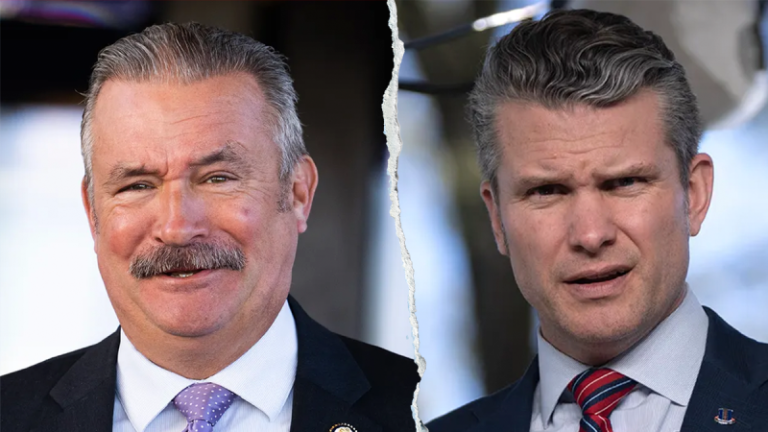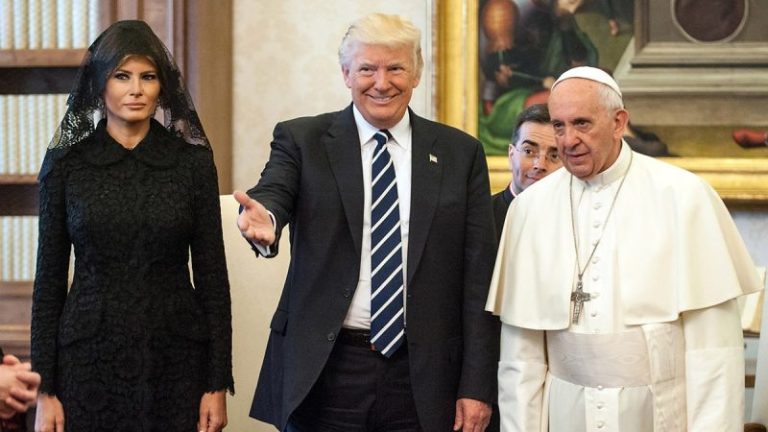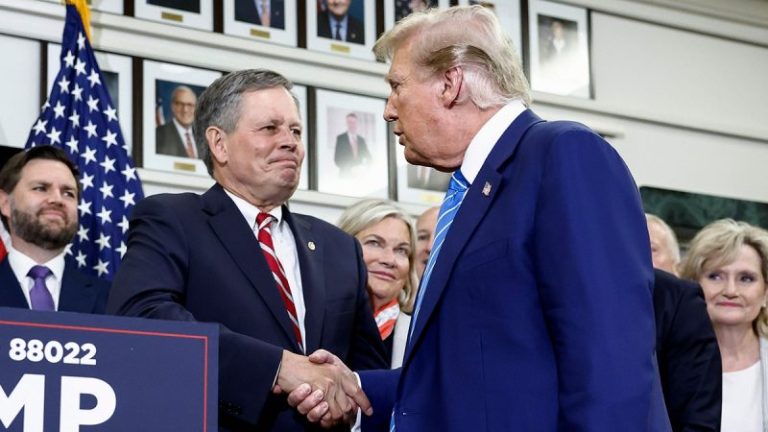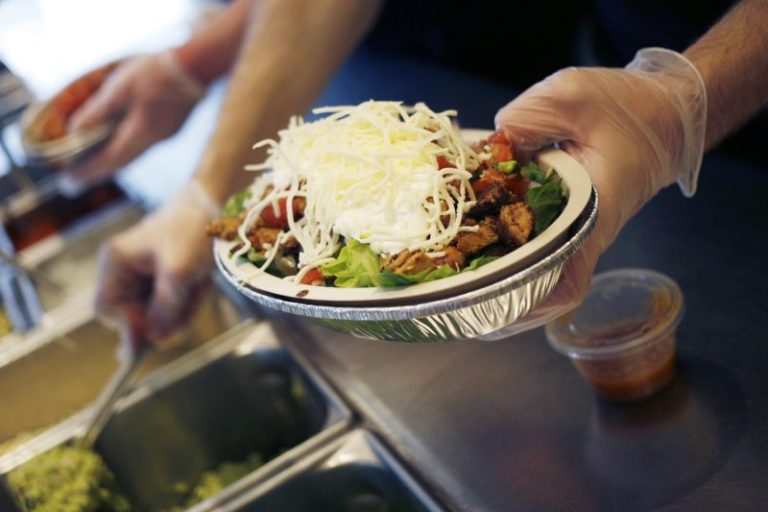Rep. Don Bacon, R-Neb., on Monday signaled he wouldn’t tolerate Defense Secretary Pete Hegseth allegedly once again sharing sensitive information about military operations in a Signal group chat.
‘If the reporting is true, this is unacceptable. I would never tell the White House what to do, but I wouldn’t tolerate it,’ Bacon told Fox News Digital, reiterating his comments first reported by Politico.
Bacon, a retired military officer and Republican on the House Armed Services Committee, said it would be ‘unacceptable’ if Hegseth sent classified information in a Signal chat about a mission in Yemen targeting the Houthis. The New York Times reported on Sunday that Hegseth shared information about the March 15 strikes in Yemen in a private Signal group chat that included his wife, brother and personal lawyer, claiming they were essentially the same plans shared in the separate Signal chat that included an editor of The Atlantic.
Bacon told Politico he had reservations about Hegseth’s experience since his nomination, and while a spokesperson for Bacon’s office emphasized to Fox News Digital that he would not tell President Donald Trump to fire Hegseth, Bacon said he ‘wouldn’t tolerate’ the latest Hegseth reporting if he was the commander in chief.
White House officials have joined Hegseth in denying the reporting.
‘No matter how many times the legacy media tries to resurrect the same nonstory, they can’t change the fact that no classified information was shared. Recently fired ‘leakers’ are continuing to misrepresent the truth to soothe their shattered egos and undermine the president’s agenda, but the administration will continue to hold them accountable,’ White House spokesperson Anna Kelly told Fox News Digital.
Trump himself shut down the reporting, calling it ‘fake news’ and touting recruitment rates and Hegseth’s leadership of the armed forces.
‘The president stands strongly behind Secretary Hegseth, who is doing a phenomenal job leading the Pentagon,’ White House press secretary Karoline Leavitt said on Fox News on Monday.
Hegseth lamented ‘disgruntled employees’ and ‘anonymous smears’ when pressed by reporters during the White House Easter Egg roll about the latest Signal controversy.
‘This is why we’re fighting the fake news media. This group right here is full of hoaxsters,’ Hegseth said.
The Trump administration has maintained that no classified material was transmitted in the Signal chat reported by The Atlantic. Signal is an encrypted messaging app with additional security measures that keep messages private to those included in the correspondence.
Fox News Digtal’s Emma Colton contributed to this report.





